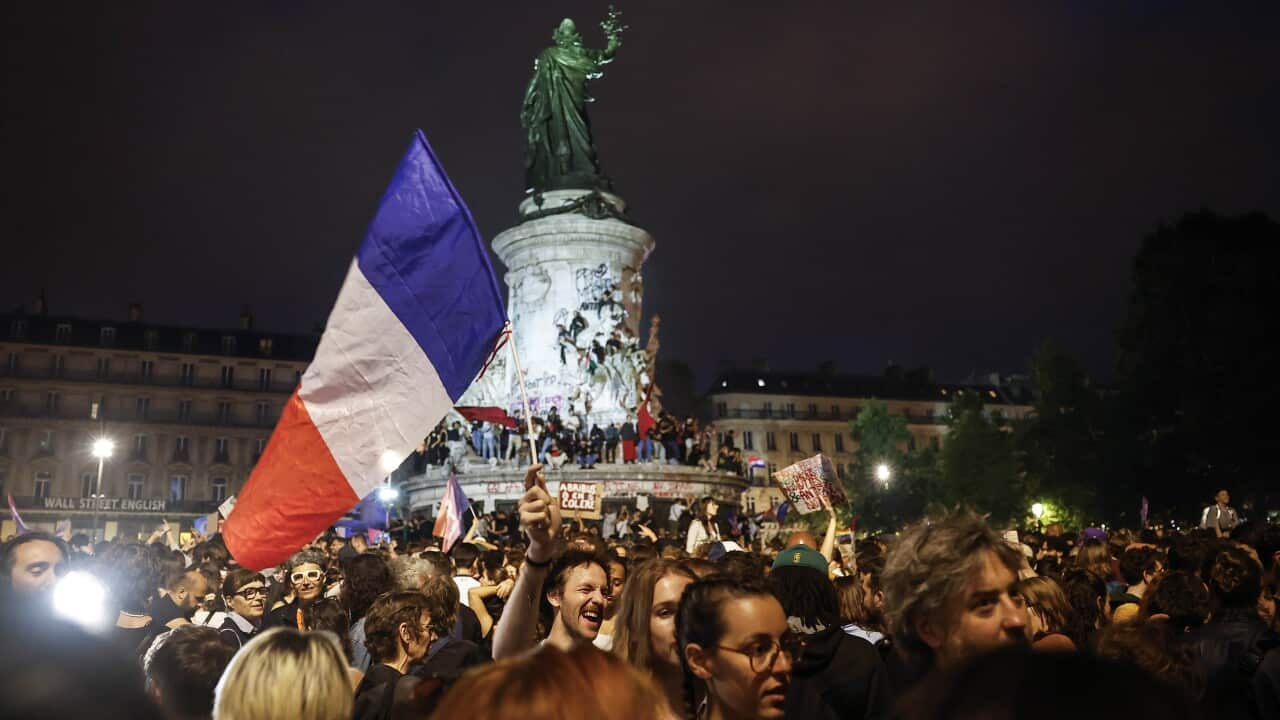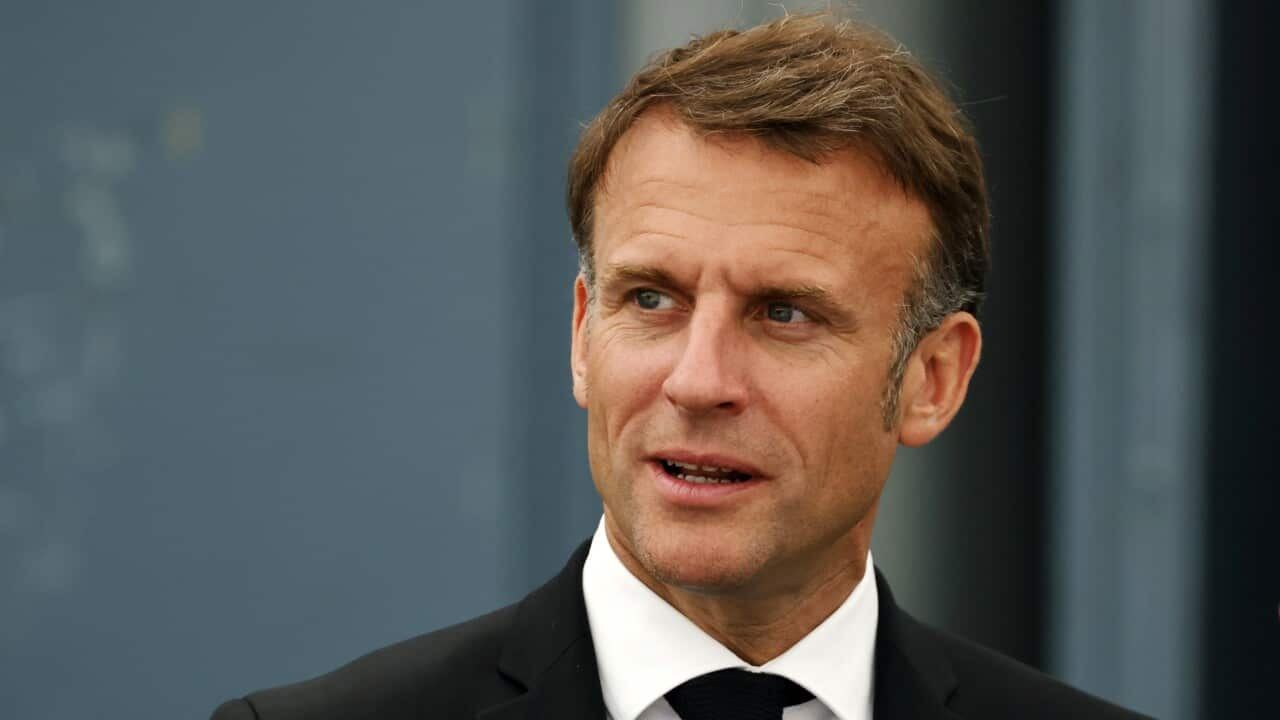Key Points
- Early predictions from France's parliamentary elections showed no party held enough seats to form a majority.
- A left-wing coalition is in the lead, with the president's centrist alliance in second and the right-wing RN third.
- French Prime Minister Gabriel Attal has offered his resignation following the early results of the snap election.
France faces potential political deadlock after elections resulted in a hung parliament, with a leftist alliance unexpectedly taking the top spot but no group winning a majority.
Voters on Sunday delivered a major setback for Marine Le Pen's far-right National Rally (RN) party, which the second-round ballot but ended up in the third spot, according to pollsters' projections.
The results were also a blow for centrist President Emmanuel Macron, who called the snap election to clarify the political landscape after his ticket took a battering at the hands of the RN in European Parliament elections last month.
He ended up with a hugely fragmented parliament, which is set to weaken France's role in the European Union and elsewhere abroad and make it hard for anyone to push through a domestic agenda.
What happens now?
The election will leave parliament divided into three big groups — the left, centrists, and the far right, with hugely different platforms and no tradition of working together.
There will likely be weeks of intense political negotiations to choose a new prime minister and form a government and Macron faces the prospect of leading the country alongside a prime minister opposed to most of his domestic policies.
The constitution does not oblige Macron to ask the leftist group to form a government, though that would be the usual step as it is the biggest group in parliament.
Macron's office said the president would "wait for the new National Assembly to organise itself" before making any decisions.

French President Emmanuel Macron called a snap parliamentary election last month. Source: AAP / Kay Nietfeld/DPA
"The will of the people must be strictly respected ... the president must invite the New Popular Front to govern," said hard-left leader Jean-Luc Mélenchon.
The RN has worked under Le Pen to shed a historic reputation for racism and antisemitism but some in French society still view its France-first stance and surging popularity with alarm.
The awkward leftist alliance — which the hard left, Greens and Socialists hastily put together before the vote — was far from having an absolute majority of 289 seats in the 577-seat assembly.
Official results were trickling in, with the results from most, if not all, constituencies likely in the early hours of Monday.
Polling agencies — which are generally accurate — forecast the left would get 184-198 seats, Macron's centrist alliance 160-169 and the RN and its allies 135-143.
Prime Minister Gabriel Attal said he would hand in his resignation on Monday but would stay on in a care-taking capacity as long as needed.
A key question is whether the leftist alliance will stay united and agree on what course to take.
Mélenchon, leader of the hard-left France Unbowed (LFI), ruled out a broad coalition of parties of different stripes.

French leftist leader Jean Luc Mélenchon called the projections as "immense relief". Source: AAP / Andre Pain/EPA
"We're ahead, but we're in a divided parliament," he said. "We're going to have to talk, to discuss, to engage in dialogue."
For the RN, the result was a far cry from weeks during which opinion polls consistently projected it would win comfortably.
The left and centrist alliances cooperated after the first round of voting last week by pulling scores of candidates from three-way races to build a unified anti-RN vote.
In his first reaction, RN leader Jordan Bardella called the cooperation between anti-RN forces a "disgraceful alliance" that he said would paralyse France.

Marine Le Pen's far-right National Rally party failed to achieve an expected majority of the votes. Source: ABACA / Lafargue Raphael/PA
"Our victory has been merely delayed," she said.
Voters punished Macron and his ruling alliance for a cost of living crisis and failing public services, as well as over immigration and security.
Le Pen and her party tapped into those grievances, spreading their appeal way beyond their traditional strongholds along the Mediterranean coast and in the country's northern rust belt, but it was not enough to win power.










